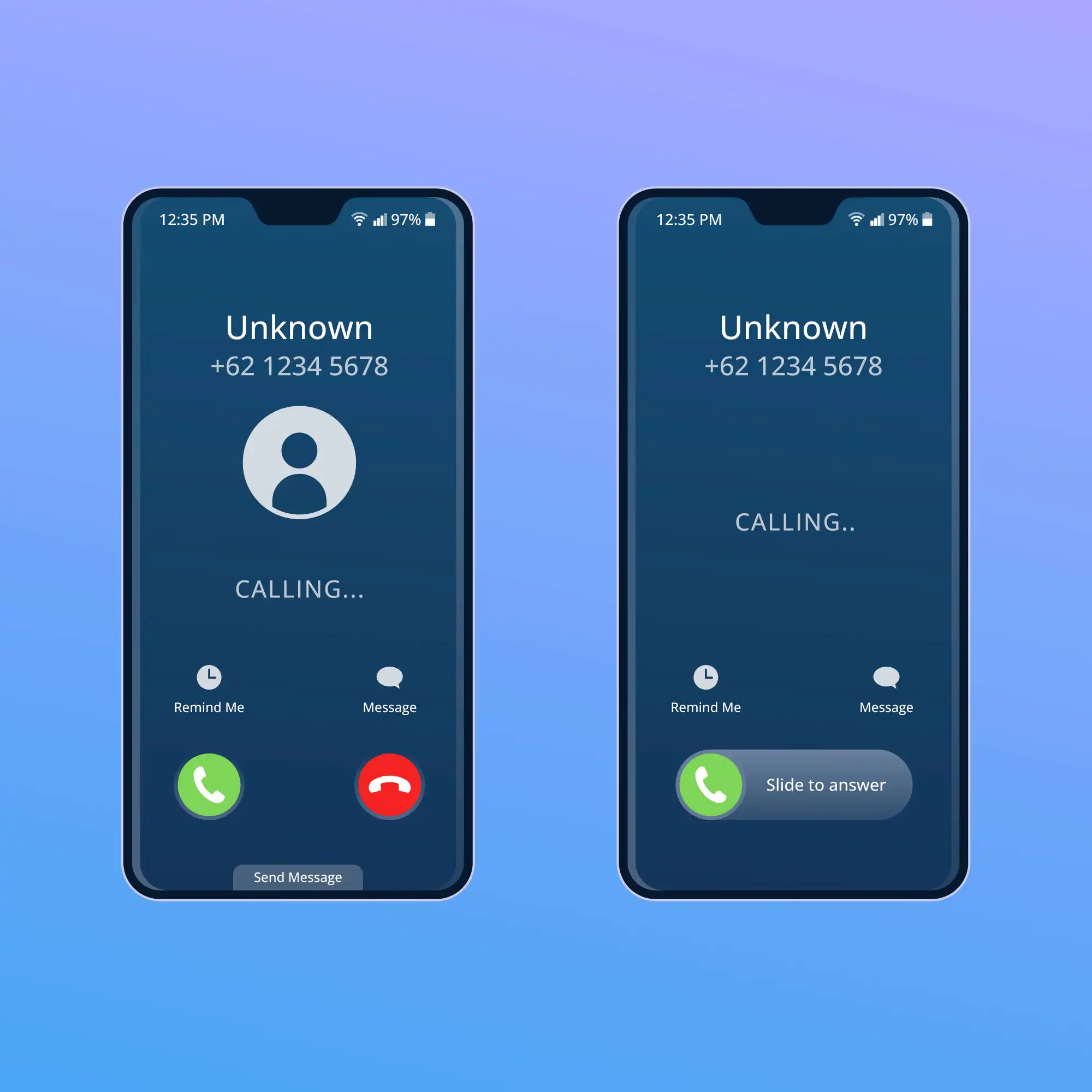Do you fear that your calls may be automatically redirected to a different number without your consent? Discovering how to check call forwarding is very simple! Android or iPhone user, or whether you have a landline , call forwarding can be checked using the code `*#21#`, checking the phone’s settings, or by asking the carrier. In this article, I will teach you five techniques that will help you preserve your privacy and make sure that you never skip important calls. Let’s get started!

Why Check Call Forwarding?
Call forwarding helps redirect incoming calls to another number when you’re unable to answer. But unauthorized activation can lead to:
- Missed important calls (e.g., from doctors or banks).
- Extra charges if calls go to premium-rate numbers.
- Privacy risks if scammers listen to your conversations.
There are two types of call forwarding:
- Unconditional call forwarding: Redirects all calls immediately.
- Conditional call forwarding: Redirects calls only under specific conditions (e.g., busy, unanswered).
Regular checks ensure you remain in control.

Method 1: Use Carrier Codes (Fast & Universal)
All phones support secret codes to check forwarding. Simply open your phone app, type the code, and press the call button:
*#21#: Checks if all calls are forwarded (unconditional call forwarding).*#61#: Shows if unanswered calls (after 5-30 seconds) go to another number.*#67#: Checks busy call forwarding.*#62#: Tests if calls redirect when your phone is off or unreachable.
After dialing, a message displays your forwarding status. If a strange number appears, someone else may have set it up. To deactivate call forwarding, dial the universal deactivate code: ##002#.

Method 2: Disable Call Forwarding on Android
- Step 1: Open the Phone app on your Android.
- Tap the three-dot menu (located at the top right corner).
- Go to Settings > Supplementary Services > Call Forwarding.
- Review options like Always Forward (unconditional) or Forward When Unanswered (conditional).
- Tap Disable to stop unwanted redirection.
For Samsung users: Navigate to Phone > More > Settings > Call Forwarding.

Method 3: Check iPhone Call Forwarding Settings
- Open Settings and select Phone.
- Tap on Call Forwarding. If the toggle is green, it’s active; turn it off.
- For conditional call forwarding (e.g., busy or unanswered), you can use codes like
##61#or##67#in the dialer.

Method 4: Use Apps to Detect Forwarding
- Install an app like Truecaller or Call Detector from the Play Store or App Store.
- Grant the necessary permissions.
- Check the Call History or Alerts section for any warnings about redirected incoming calls.

Method 5: Contact Your Service Provider
If manual checks do not resolve the issue, call your carrier (e.g., Verizon, AT&T, or T-Mobile). Ask them to review your call forwarding settings and disable any unauthorized rules. They can also explain call forwarding options specific to your plan.
Pro Tips to Stay Secure
- Check monthly: Use codes like
*#21#to verify your settings. - Avoid sharing your phone: Prevent strangers from tampering with your settings.
- Reset settings: If you suspect foul play, restore your default call forwarding options.
Final Thoughts
Call forwarding ensures you never miss important calls. However, misuse can lead to extra charges and privacy risks. By using codes like *#62# or *#21#, reviewing your settings, and staying alert to any changes, you’ll keep your calls both private and secure. Stay proactive and keep your communication under control!
Frequently Asked Questions
##002# or by adjusting your device’s call settings.

